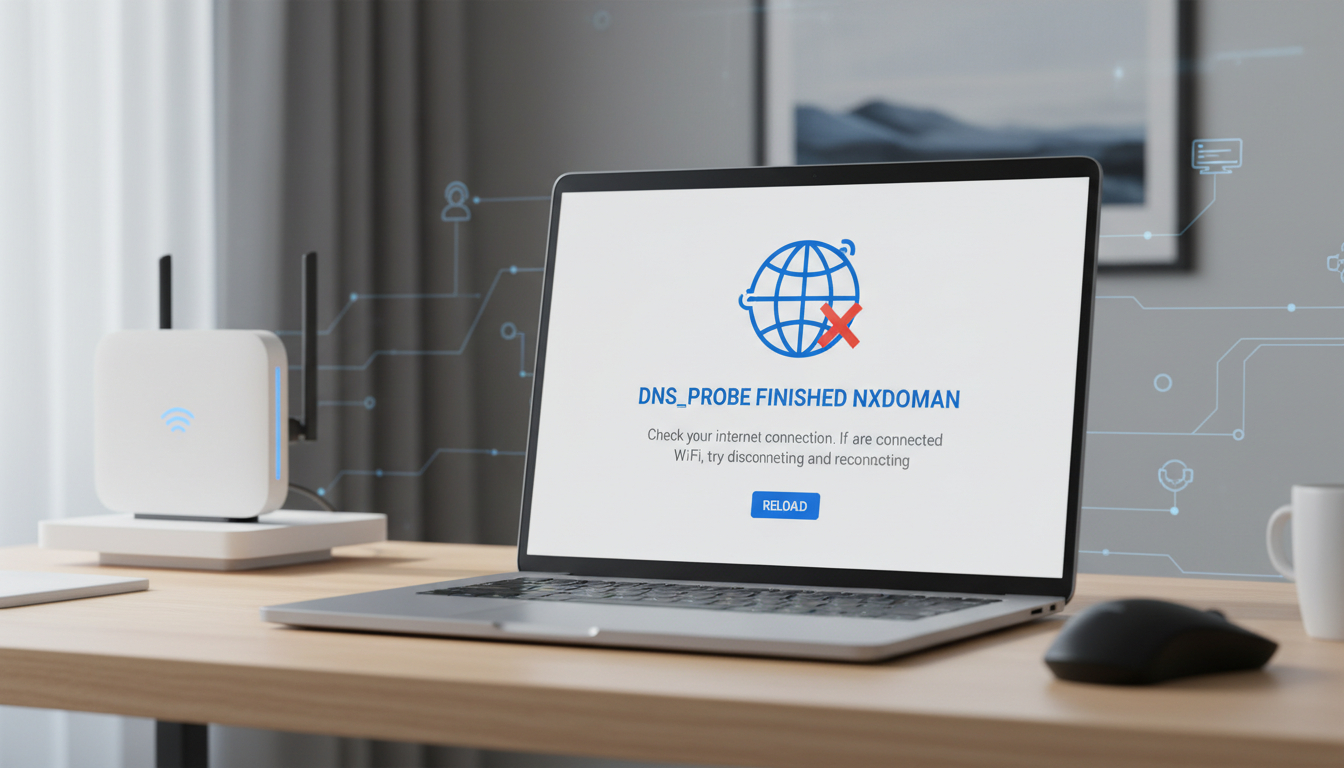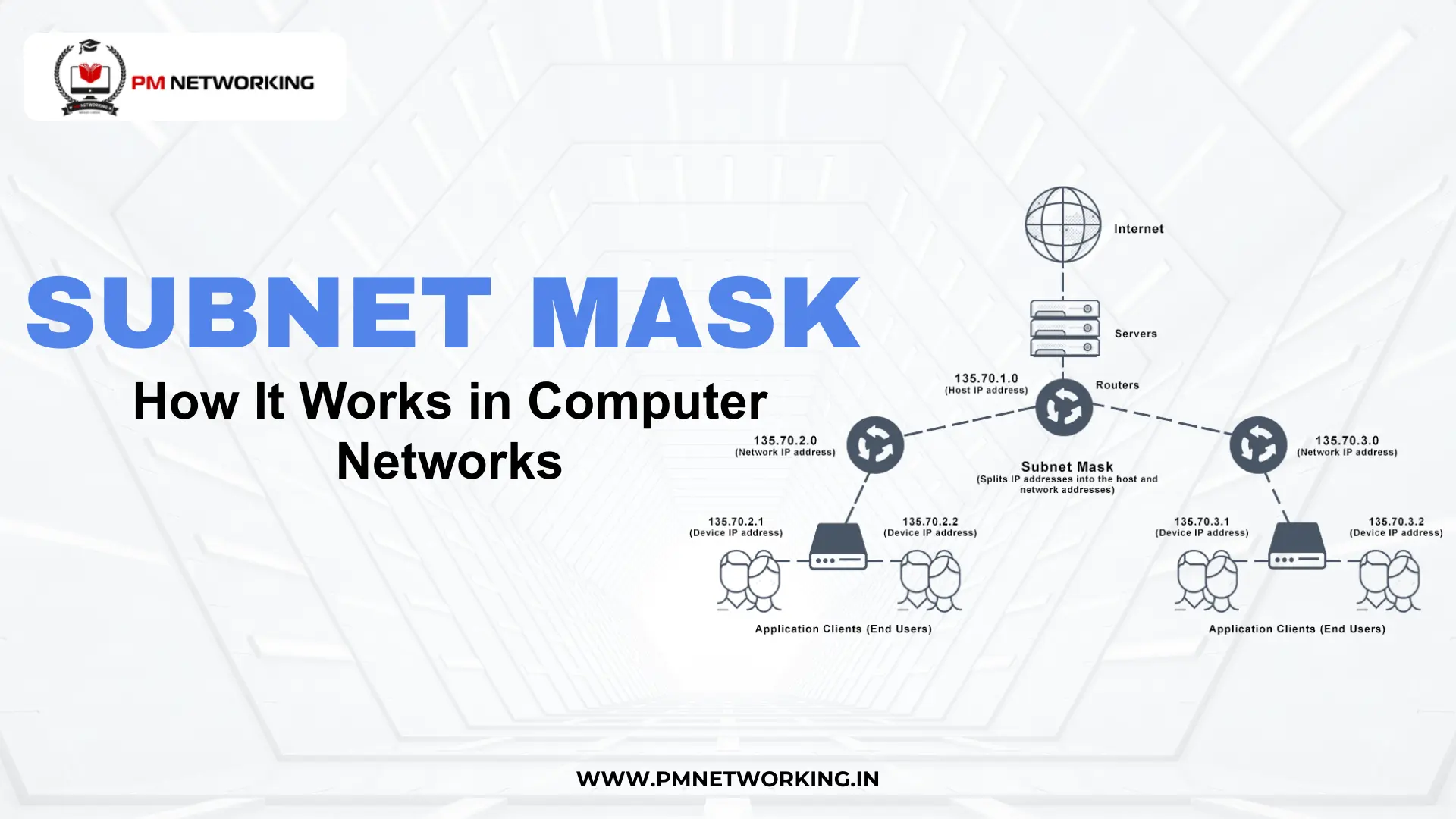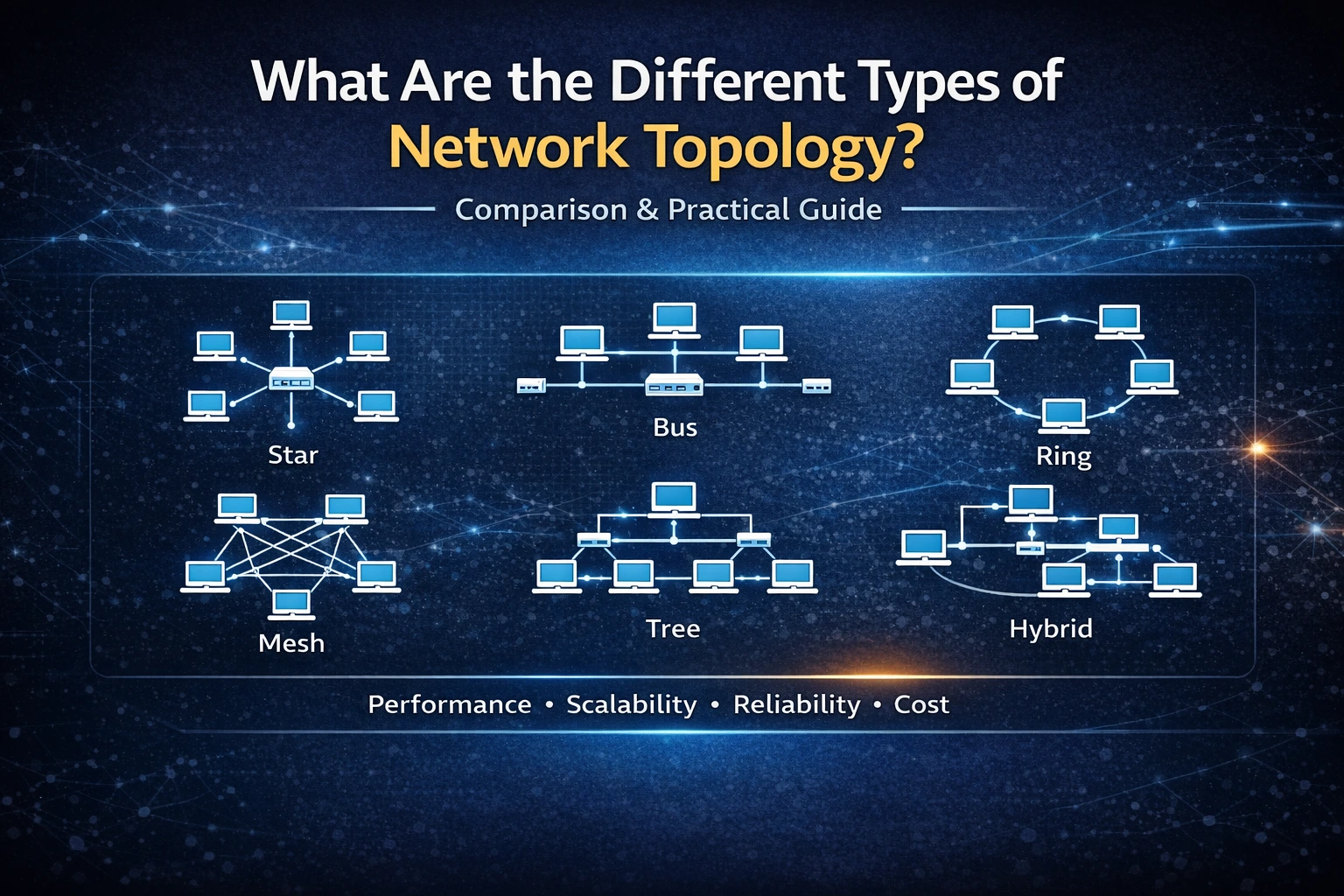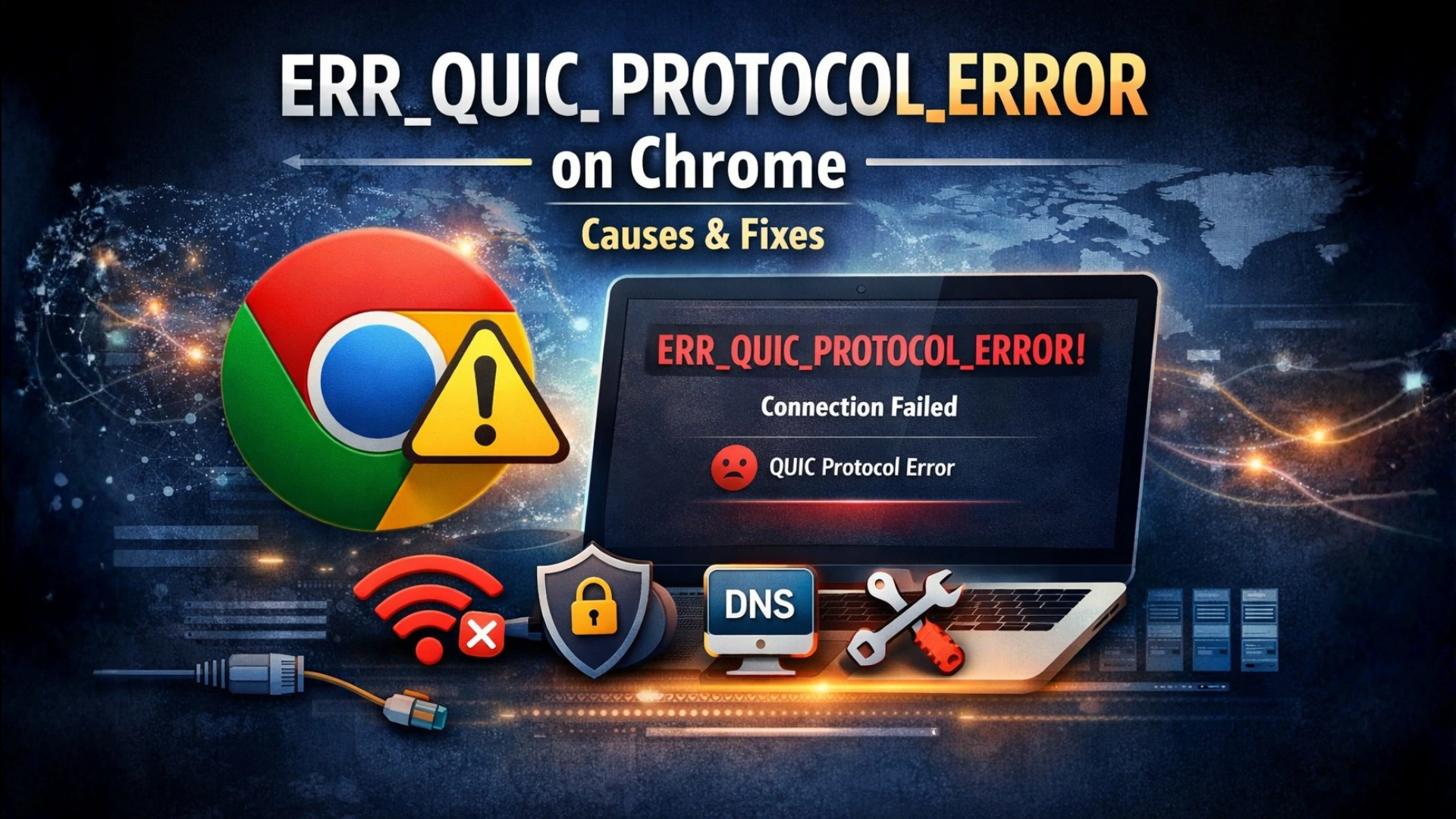
Many people today want to start a career in the IT industry. Some people come from a technical background, while others do not. If you’re someone who wants to get into tech without learning how to code, networking is a great option. One of the best starting points is the CCNA course.
But the common question is – Is the CCNA good enough to get a networking job in India? Let’s see what CCNA is, understand what jobs you can get, and see if it is enough to start a career in networking.
What is the CCNA Certification?
CCNA stands for Cisco Certified Network Associate. It is an entry-level certification offered by Cisco, a well-known company in the networking field. This certification helps people learn the basics of computer networking.
There are different types of CCNA, such as:
- CCNA Security
- CCNA Collaboration
- CCNA Service Provider
But the most popular and widely accepted one is CCNA Routing and Switching, which is now called CCNA 200-301. It covers the main topics of networking like:
- IP addressing
- Routing and switching
- Network security basics
- Automation and programmability
- Network troubleshooting
This certification is designed in such a way that anyone can learn and pass the exam with the right training and effort (regardless of whether you have a computer background or not).
Is the CCNA Course Enough to Get a Job?

The simple answer is: Yes, CCNA is enough to get an entry-level networking job in India. But there are some things you need to keep in mind:
- Having the certification isn’t always enough; you need to develop practical skills too.
- You must be able to solve problems and understand clearly.
- Take time and train with practical tools, e.g., Packet Tracer or even real network devices.
- Internships or projects can strengthen your chances because some companies may require experience.
So, take the CCNA course, study hard and get some practice, you definitely will get your first job in networking.
Why is the CCNA Certification Important?
Here are some clear reasons why the Cisco Certified Network Associate (CCNA) certification is valuable:
1. It Builds Strong Basics
The CCNA course teaches you all the basic topics you need to know in networking. This includes:
- How computers communicate to each other
- How data travels from one place to another
- How to set up and fix networks
With this strong foundation, it becomes easier to learn advanced topics later.
2. It Helps You Get an Entry-Level Job
After passing the CCNA exam, you can apply for jobs like:
- Network Engineer
- Technical Support Engineer
- Network Administrator
- NOC (Network Operations Center) Engineer
These jobs usually offer a salary between ₹3 LPA to ₹6 LPA, depending on your location and company.
3. You Can Grow in Your Career
Once you start working in networking, you can gain more experience and move to higher roles. You can also go for advanced certifications like:
- CCNP (Cisco Certified Network Professional)
- CCIE (Cisco Certified Internetwork Expert)
These higher certifications can help you get better roles and higher pay.
4. It is Recognized Worldwide
CCNA certification is recognised worldwide. So, in case you ever want to work elsewhere (other than India), this certification will prove beneficial to you.
What Kind of Jobs Can You Get After CCNA?
Here are some jobs you can apply for after completing your CCNA certification:
1. Technical Support Engineer
A Technical Support Engineer investigates, checks, troubleshoots, and seeks solutions to customer technical concerns. Furthermore, technical support engineers have an excellent income. As a Technical Support Engineer, you can earn up to Rs. 7 LPA.
2. Entry-Level Network Engineer
After receiving your CCNA certification, you can work as an entry-level Network Engineer. An entry-level network engineer’s roles and responsibilities include monitoring network performance, implementing network security measures, and maintaining hardware components. Other roles include resolving customer concerns, troubleshooting networks, and performing data backups.
3. Network Administrator
A Network Administrator’s daily function and responsibility is to maintain the company’s networks. They resolve current problems, optimize networks, manage updates, and perform scheduled maintenance.
4. NOC Engineer
NOC stands for Network Operations Center. A NOC Engineer monitors and manages the health of a company’s entire network. This is a great way to learn quickly because you work with many different systems.
5. Information Security Analyst
If you are also interested in cybersecurity, CCNA is a good starting point. Later, you can learn security tools and work to protect networks from attacks.
Final Thoughts
So, is CCNA enough to get a networking job in India? Yes, but only if you are willing to learn and practice.
The CCNA course is a great way to start your journey in Networking. It provides you with important concepts and gives you the knowledge to handle real-world problems. In India, many companies recruit CCNA certified freshers, especially those with practical skills.
But learning shouldn’t stop once you get your certification! As you progress in your career, you can move on to more advanced topics like cloud networking, cybersecurity, and higher Cisco certifications. This will help you earn more and build a strong career in IT.
So, if you’re committed to starting your career without coding in tech, CCNA with the right guidance from Pm Networking is likely one of the best paths you can take.
FAQs
Can I get a job after completing the CCNA course?
Yes, CCNA can help you get entry-level jobs like Network Engineer or Technical Support Engineer.
Do I need a technical background to take the CCNA certification?
No, anyone can learn CCNA, even without a computer science degree.
Is CCNA useful for a career in cybersecurity?
Yes, CCNA builds strong networking knowledge, which is the base for cybersecurity roles.
Is the CCNA certification valid forever?
No, it is valid for 3 years. You need to renew it or upgrade to a higher certification.
Can I take the CCNA exam without any work experience?
Yes, you can take the exam without work experience, but hands-on practice is still important.







0 Comments